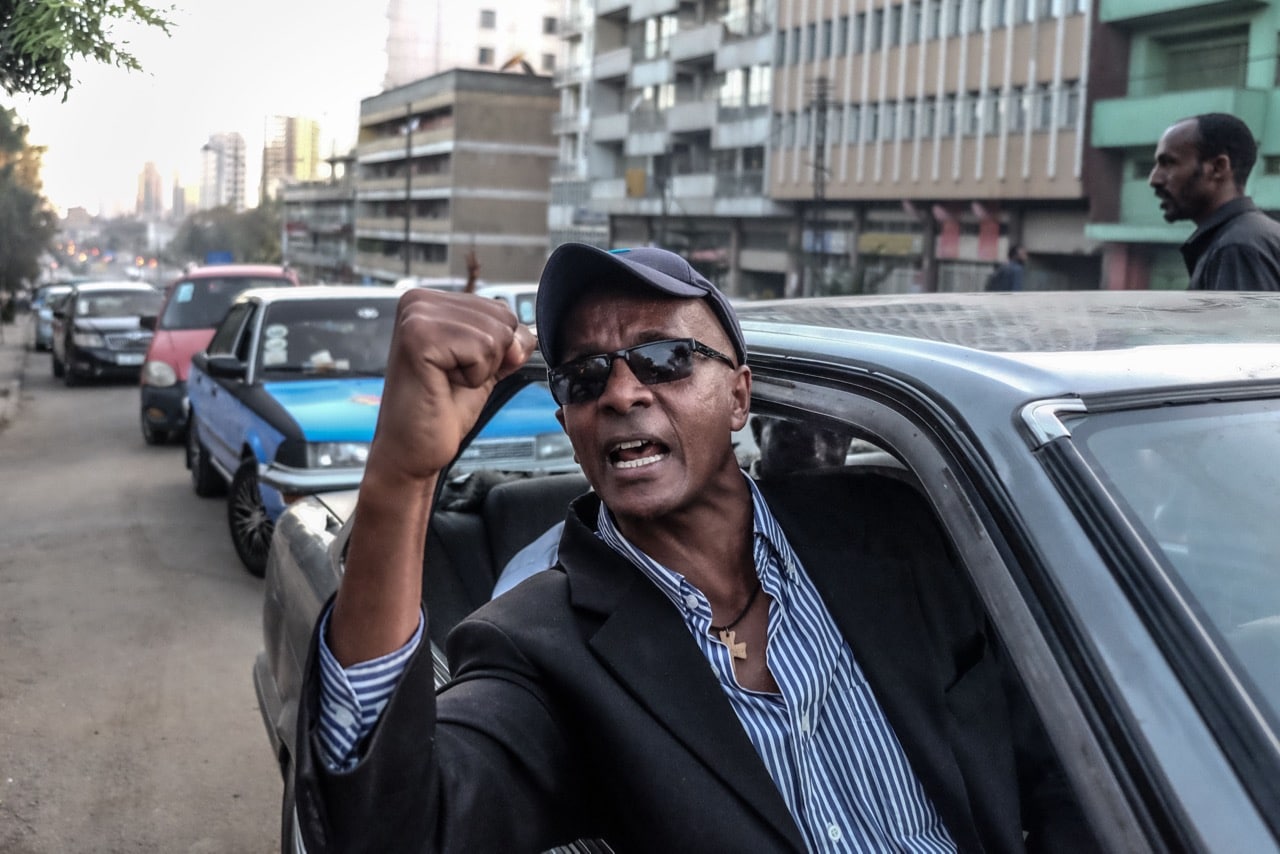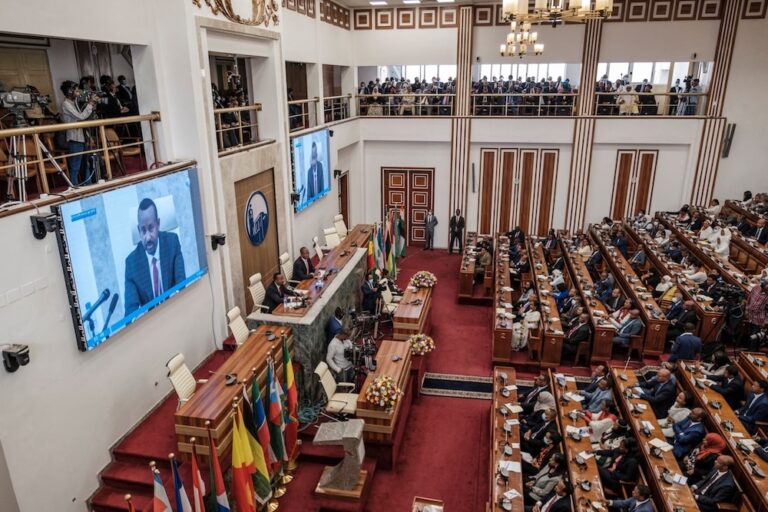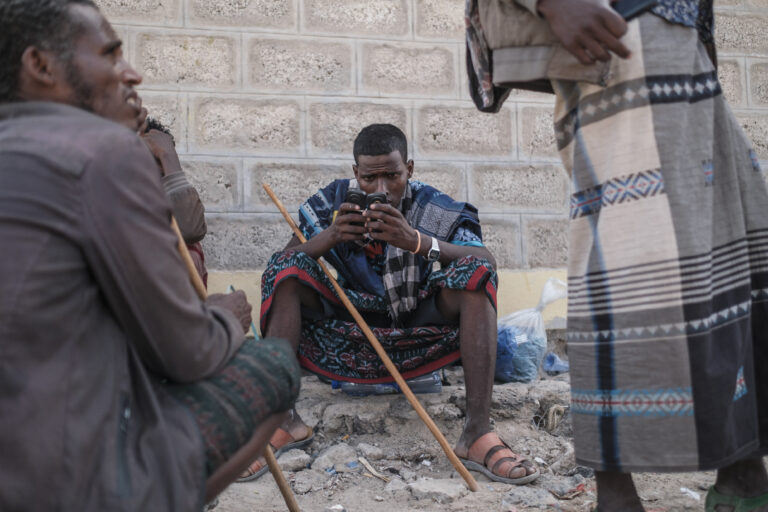Media freedom advocates celebrated the release of Ethiopian journalists Eskinder Nega and Woubshet Taye after almost six years of wrongful and arbitrary imprisonment. Their release comes on the back of sustained campaigning by organisations across the globe.
Media freedom advocates celebrated the release of Ethiopian journalists Eskinder Nega and Woubshet Taye after almost six years of wrongful and arbitrary imprisonment. Their release comes on the back of sustained campaigning by organisations across the globe.
Expectations that they would be released last week were high when their names were amongst a list of prisoners being granted presidential amnesty. These hopes were dashed when the decision to release Eskinder was reversed because he refused to sign a false confession stating that he was a member of a terrorist organisation.
The periodic presidential pardons of political prisoners were initiated last year to ease tensions after the end of a ten-month state of emergency in August 2017. During the state of emergency implemented on the back of popular protests for reform, the government censored and regularly blocked internet access for its citizens.
The Ethiopian government has been criticised for its continued use of its Anti-Terrorism Proclamation (ATP) to silence critics and more specifically journalists. Members of the International Press Institute (IPI) in 2017 called on Ethiopia to reform its anti-terror law in line with international standards and to repeal criminal defamation and false news provisions that have been used to target critical journalists.
A prominent blogger and renowned journalist, Eskinder was arrested in 2011 and charged under the country’s ATP. In 2012 he was sentenced to 18 years on allegations of terrorism and incitement of violence, “a decision the UN Working Group on Arbitrary Detention later said violated international law.” The Committee to Protect Journalists (CPJ) considered the charges to be part of “a pattern of government persecution of Eskinder in reprisal for his coverage.”
Woubshet Taye, deputy editor of the now-defunct Awramba Times, was also arrested in 2011, and sentenced to 14 years in jail under the ATP.
Over the years, numerous organisations have advocated for the release of Ethiopian journalists and bloggers. In 2014, 41 organisations from around the world signed onto a letter calling for justice in the cases of the Zone 9 bloggers, Eskinder, Woubshet and others. The Media Legal Defence Initiative (MDLI) initiated numerous legal challenges to have Eskinder, Woubshet and several other colleagues released from prison. A complaint was filed at the African Commission on Human and People’s Rights, challenging the 2009 Anti-Terrorism Proclamation under which Eskinder and Reeyot Alemu had been charged. In 2014, IPI and the World Association of Newspapers and News Publishers (WAN-IFRA) travelled to Ethiopia on a joint mission to urge the release of Nega, Taye and other jailed journalists.
Eskinder received the PEN/Barbara Goldsmith Freedom to Write Award in 2012. In 2017, IPI and the Denmark-based International Media Support (IMS) jointly named Eskinder their 69th World Press Freedom Hero.
When the news broke, people around the globe, including many who had campaigned on his behalf, welcomed the news with tweets. Henry Maina of ARTICLE 19 East Africa tweeted:
#Ethiopia to release journalists #EskinderNega & #WoubshetTaye nearly 7 years after they were arrested and convicted on trumped up charges under the infamous Anti-terrorism proclamation. @article19eafric @article19UN @Fasiledesfasil @LinusKaikai
— HENRY MAINA (@MAINAOH) February 15, 2018
CPJ shared other responses in a Twitter moment:
⚡️ “Ethiopian journalists Eskinder Nega and Woubshet Taye released”https://t.co/6rqLcnaPhj
— CPJ (@pressfreedom) February 14, 2018
PEN America published a statement from Eskinder shortly after his release, in which he says “Be assured that we have cause to celebrate, for we have amply demonstrated, on the one hand, the potency of unarmed justice to triumph over armed injustice, and, on the other, highlighted that the cause of democracy anywhere is the cause of all democrats everywhere.”
“Tyranny is increasingly unsustainable in this post-cold-war era. It is doomed to failure. But it must be prodded to exit the stage with a whimper – not the bang that extremists long for.”Eskinder Nega, from a letter published in the New York Times, 2013



